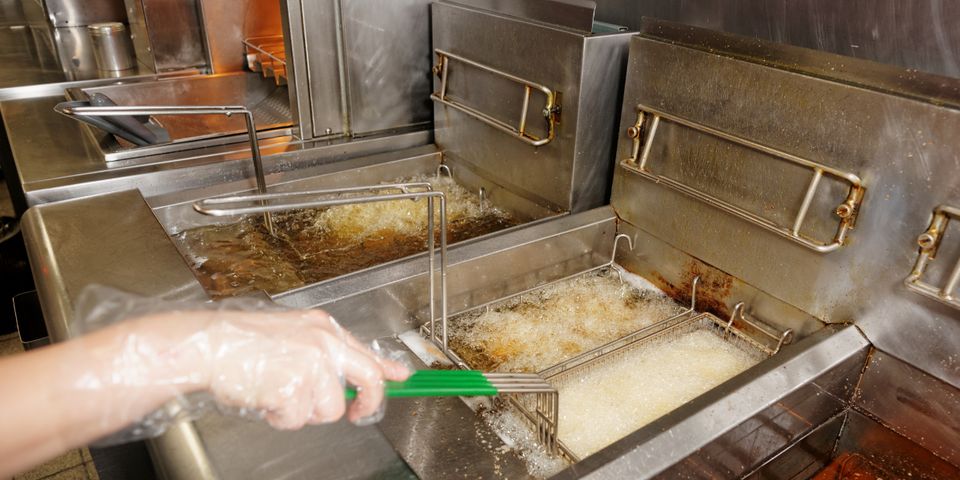3 Tips for Effective Grease Recycling

Most restaurants produce a lot of kitchen grease. Some people assume it’s fine to dispose of cooking oil down sink drains, but that action can severely damage the property’s plumbing. Fortunately, with grease recycling, you can avoid the potential problems caused by improper disposal. Here's how to recycle your restaurant's oil correctly.
How to Recycle Grease Properly
1. Reuse It
It’s possible to reuse some oils to fry foods on multiple occasions. Many restaurants have outdoor or indoor lockable tanks to hold grease that can still be reused. When you finish with the fryer for the day, pour the oil into one of these storage containers. There are also wheeled units that clean fryers and suck out used cooking oil.

Unfortunately, grease isn’t something you can use indefinitely. If it begins to darken and develop a foul odor, it’s losing its fatty polymers, which can spoil food and cause health problems with long-term consumption. You'll also need to use new oil if the recycled grease produces bubbles when heating up.
2. Don't Pour It Down the Drain
When it’s time to dispose of used oil, it helps to do so the right way. For instance, pouring any oils or fats down the drain is problematic because these substances will solidify when cooled inside the pipes.
Over time, other gunk will become trapped in the plumbing system, leading to blockages, burst pipes, and high repair costs. While your establishment is required to have a grease trap to capture oil that ends up in the sink, pouring the substance directly into the drain can fill the trap prematurely. Avoid this practice and follow the trap's regular maintenance schedule to comply with the law and protect your plumbing system.
3. Schedule Grease Collection
Used grease can become toxic with frequent use, and it is harmful to the environment. If it washes into streams through sewer lines or is improperly thrown away, the oil can disturb local ecosystems and harm wildlife. It can also become a fire hazard if it spills and introduce bacteria to nearby water lines and soil.
To keep the environment safe from potentially hazardous materials, create a schedule with a grease collection service. This level of grease recycling works for restaurants that produce substantial amounts of frying grease. Once the oil reaches the recycling center, the facility will properly dispose of the material.
If your restaurant needs help with grease recycling, turn to Valley Proteins in Winchester, VA. These professionals have helped maintain the environment by providing grease removal services to establishments throughout the Shenandoah Valley for almost 70 years. They also offer grease trap maintenance to keep your restaurant's kitchen operating smoothly. Call (800) 871-3406 to discuss your needs, or visit them online to learn more about their grease recycling services.
About the Business
Have a question? Ask the experts!
Send your question

